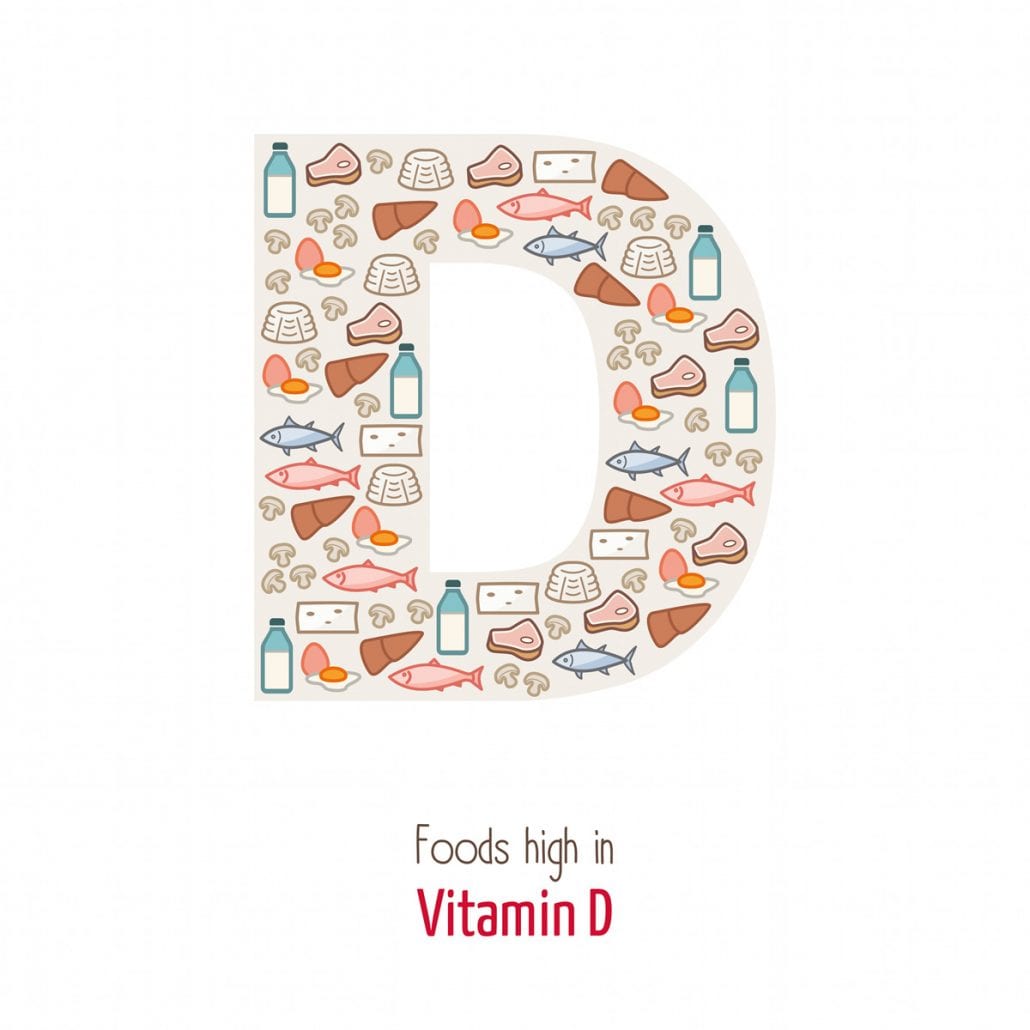Vitamin D and Mental Health

There are many things that can affect your mood; the foods that you eat and nutrients that you get (or miss) can be one such thing. Among all nutrients, Vitamin D has been linked to mood and mental health in different researches.
Studies have shown that risks of developing depression are higher in people with Vitamin D deficiency compared to people who have adequate levels of vitamin D. The same study also found that, statistically, people with low Vitamin D were at a much greater risk of depression. The researchers believe that Vitamin D is important to healthy brain function, insufficient nutrient levels may play a role in mental illnesses. Lack of Vitamin D is also thought to play a role in Seasonal Affective Disorder, which commonly starts in the fall, lasts through winter and subsides in the sunnier spring and summer months.
Vitamin D is known as the “sunshine” vitamin; your body absorbs Vitamin D primarily through sun exposure. The amount of sun exposure you need will depend on your climate, the time of day, and the time of year. People with lighter skin tend to absorb Vitamin D more quickly. You may need anywhere from 15 minutes to 3 hours of sun exposure per day to get enough Vitamin D from sun exposure alone. People who have darker skin have greater amounts of melanin, a natural pigment that gives skin its color. Melanin reduces Vitamin D production in the skin. Therefore, it is important to add more foods rich in Vitamin D to your diet.
Foods that are naturally rich in Vitamin D include: salmon, mackerel, fish liver oils, animal fats, and Vitamin D fortified food products (like orange juice and cereal).
If you are not getting enough Vitamin D and you are worried about your health or overall wellness, a supplement might help. Working with your doctor and a dietitian could help you determine what sort of supplement you might need.


